Indigenous Governance Database
tribal youth
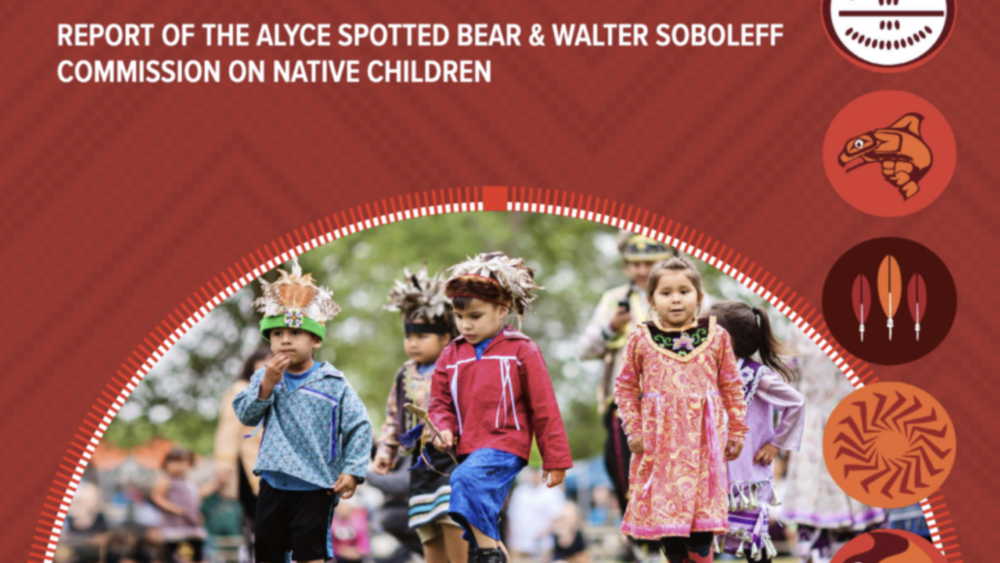
The Way Forward: Report of the Commission on Native Children
Congress created the independent Alyce Spotted Bear and Walter Soboleff Commission on Native Children in 2016 to conduct a comprehensive study of the programs, grants, and supports available to American Indians, Alaska Natives, and Native Hawaiians from birth through age 24 and with making…
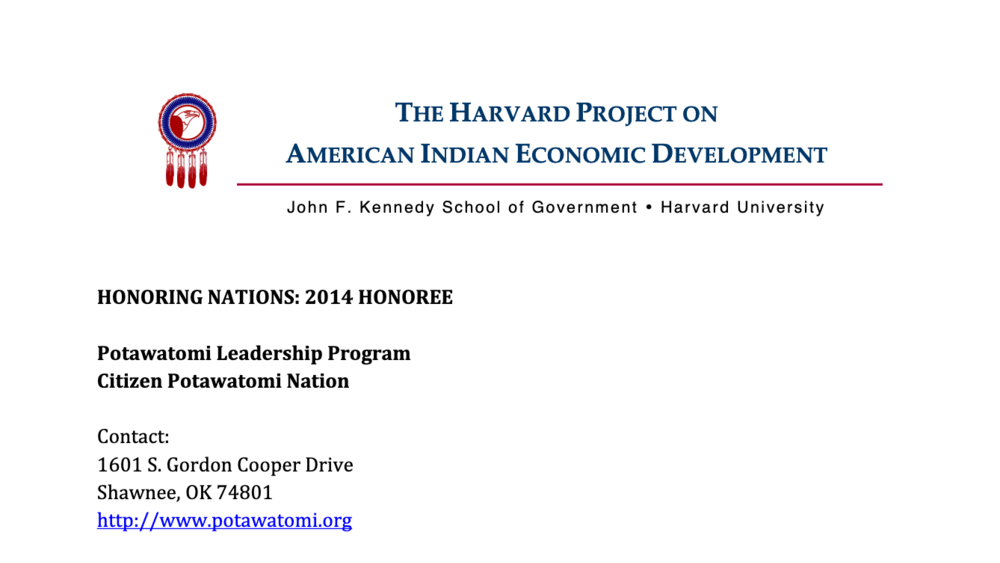
Potawatomi Leadership Program
Proud of the increasing number of citizens pursuing college degrees, the Citizen Potawatomi Nation (CPN) leaders became concerned that their talented students were not getting enough education in what it means to be Citizen Potawatomi. To nurture the nations’ future political leadership, the tribe…
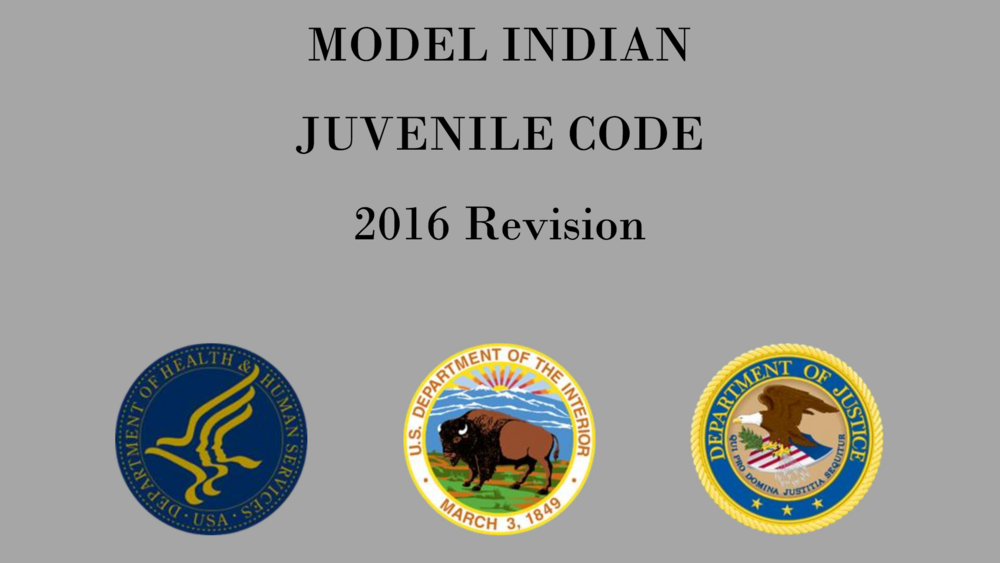
Model Indian Juvenile Code, 2016 Revision
Since the creation of the original Model Indian Juvenile Code, much has changed in the field of juvenile justice. In recent years, research has shown that adolescent brains develop later in life than previously thought, and common approaches to juvenile justice in the United States are often…
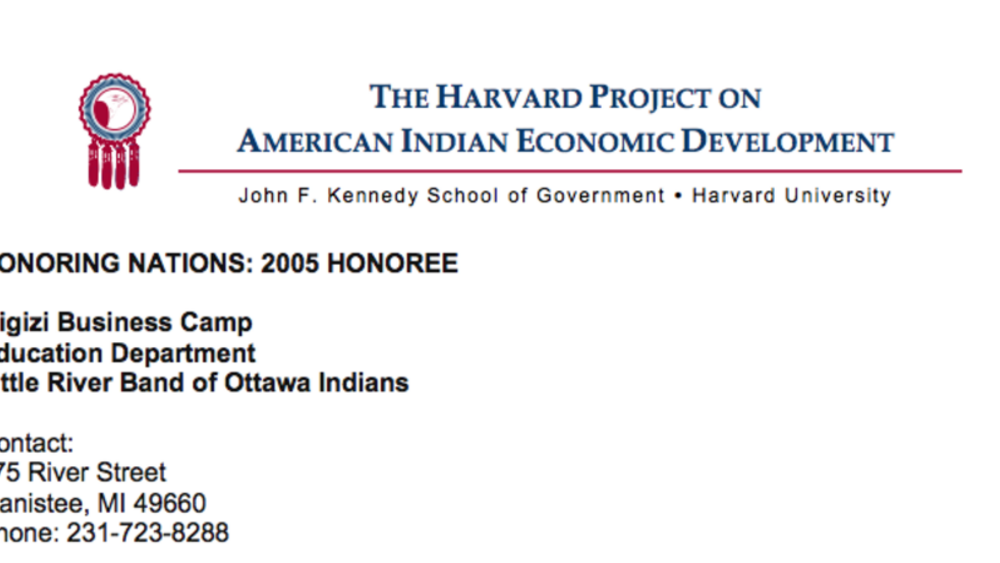
Migizi Business Camp (Little River Band)
In 1994, after 120 years of struggle, the Little River Band of Ottawa Indians finally re-obtained federal recognition. Ever since, tribal priorities included strengthening self-governance and the tribal economy. Their economic strategy followed two paths: the development of tribal enterprises and…
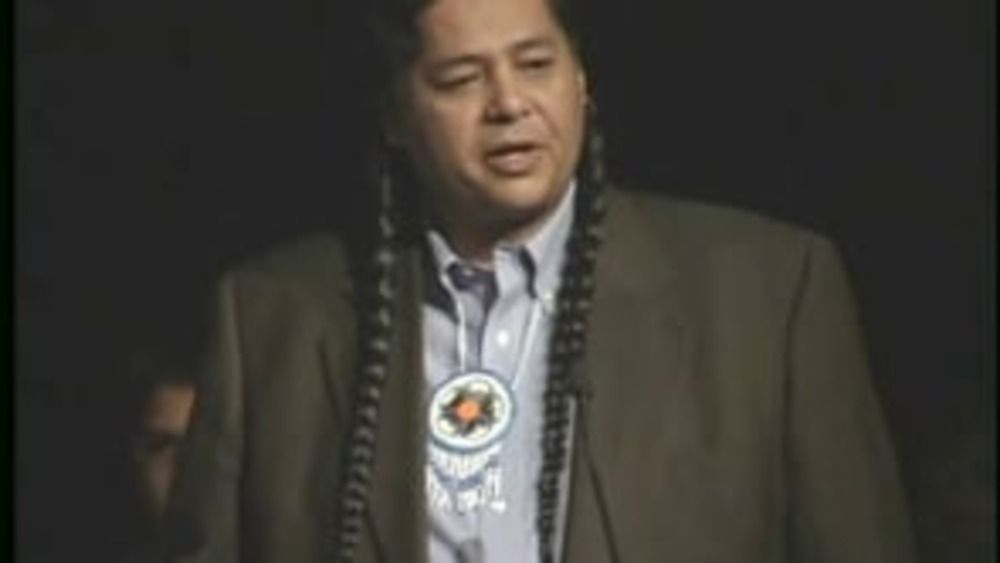
Honoring Nations: Lee Sprague: Migizi Business Camp
Lee Sprague (Little River Band of Ottawa Indians) presents an overview of the Migizi Business Camp to the Honoring Nations Board of Governors in conjunction with the 2005 Honoring Nations Awards.
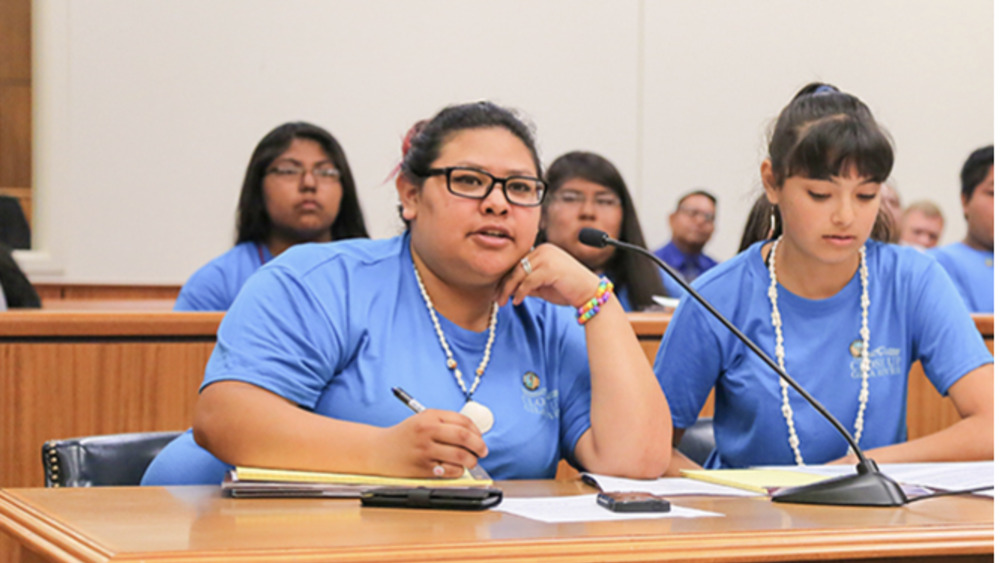
Students Get Hands-On Learning with Gila River Close Up Program
A group of young Community members from various local high schools participated in the Close Up program and received an in-depth view into the world of tribal government. The Close Up program is a yearly endeavor that is designed to give students a thorough lesson on the inner mechanics and…
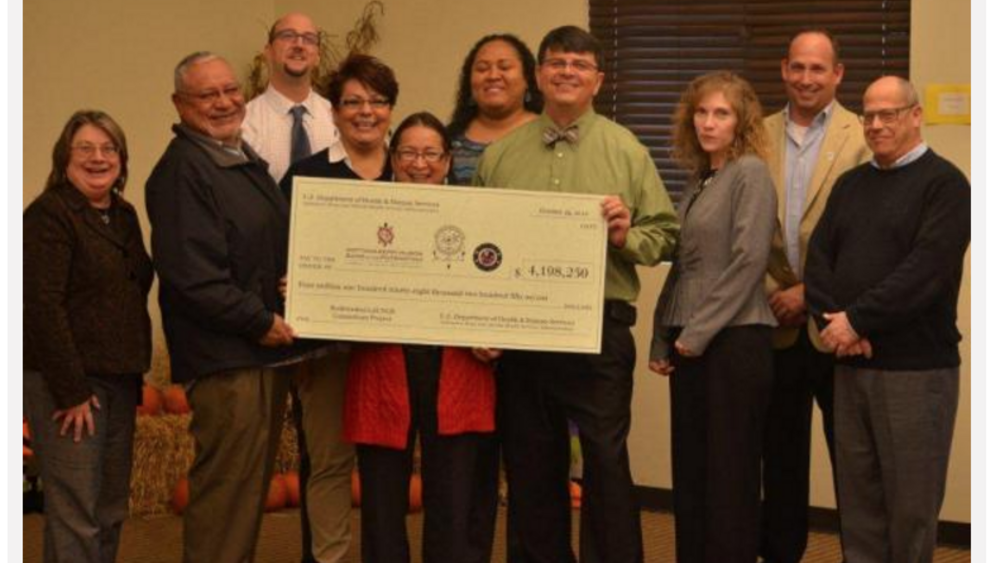
Potawatomi Tribes Receive $4.2 Million Children's Health Grant
Three Potawatomi tribes in Michigan have received a grant of almost $4.2 million from the federal government to help promote children’s wellness through a five-year Project LAUNCH program. The federally-recognized Nottawaseppi Huron Band of the Potawatomi, Pokagon Band of Potawatomi and Gun Lake…
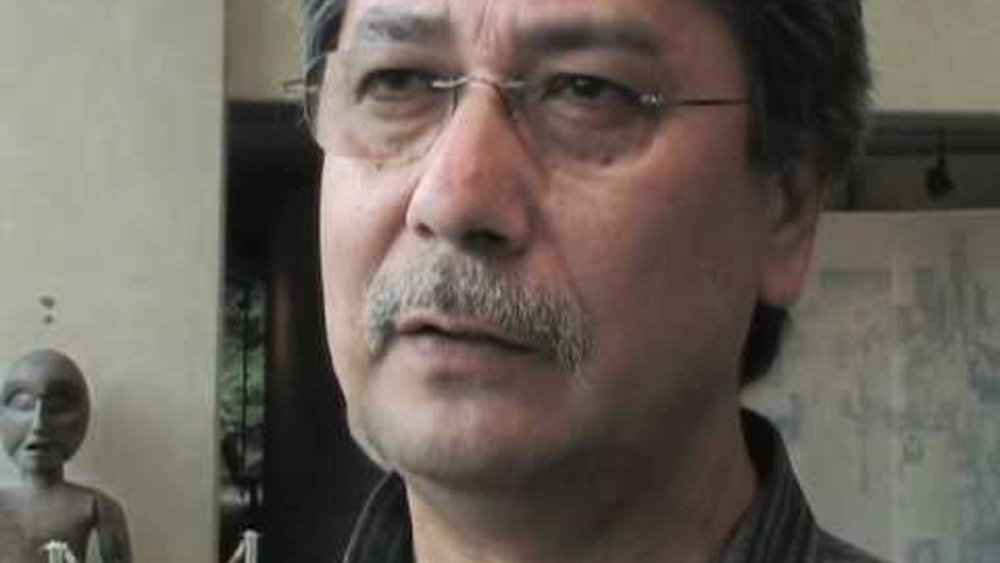
NCFNG: Youth and First Nation Governance
Satsan (Herb George), President of the National Centre for First Nation Governance, talks about the importance of involving youth in Nation Rebuilding.
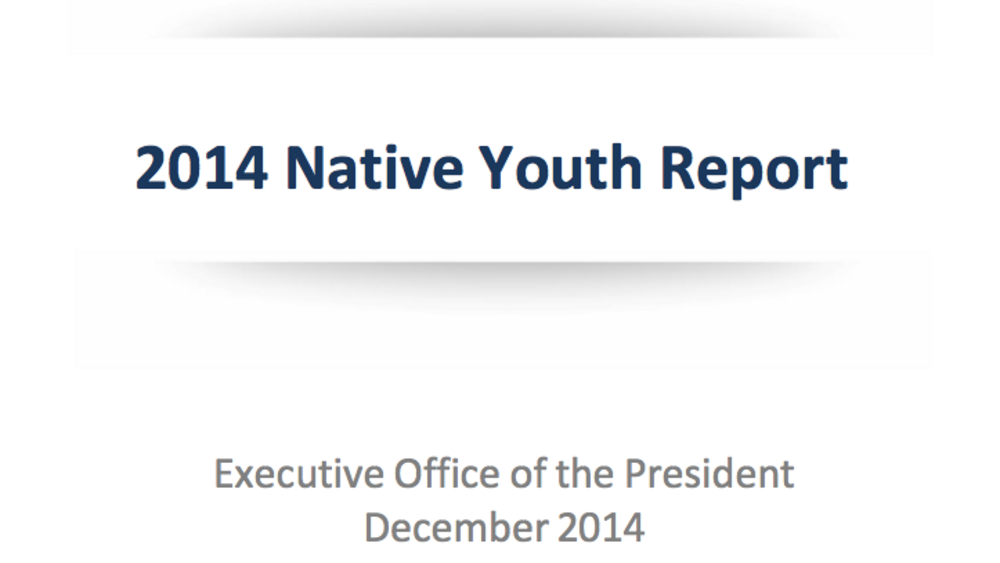
2014 Native Youth Report
In June 2014, President Obama embarked on his first presidential visit to Indian Country, where he and Mrs. Obama witnessed the tale of two Americas. Standing Rock Reservation, like many others, faces myriad social, economic, and educational problems. Together, those problems are coalescing into a…
